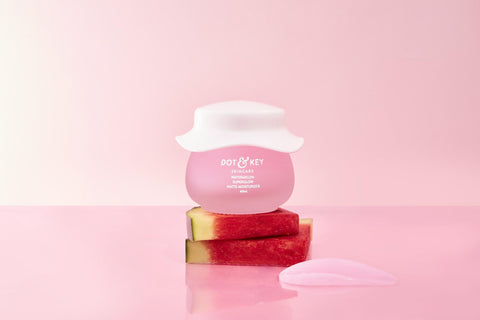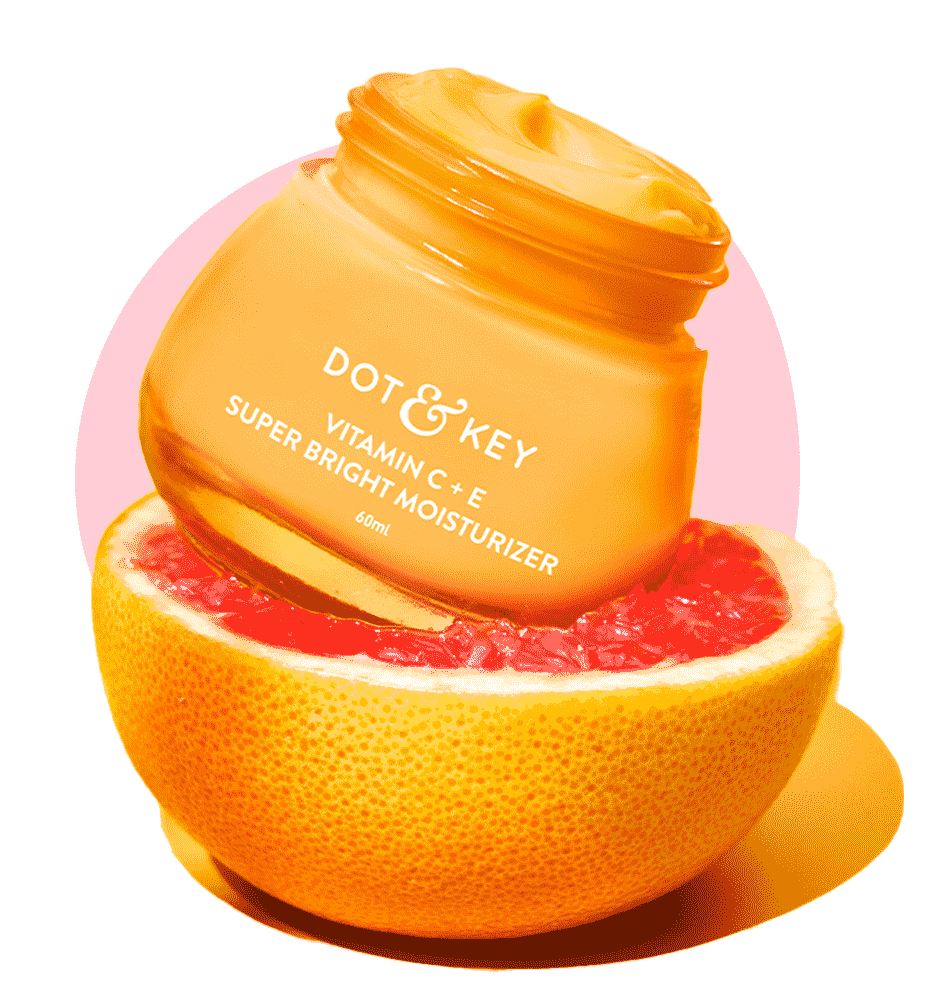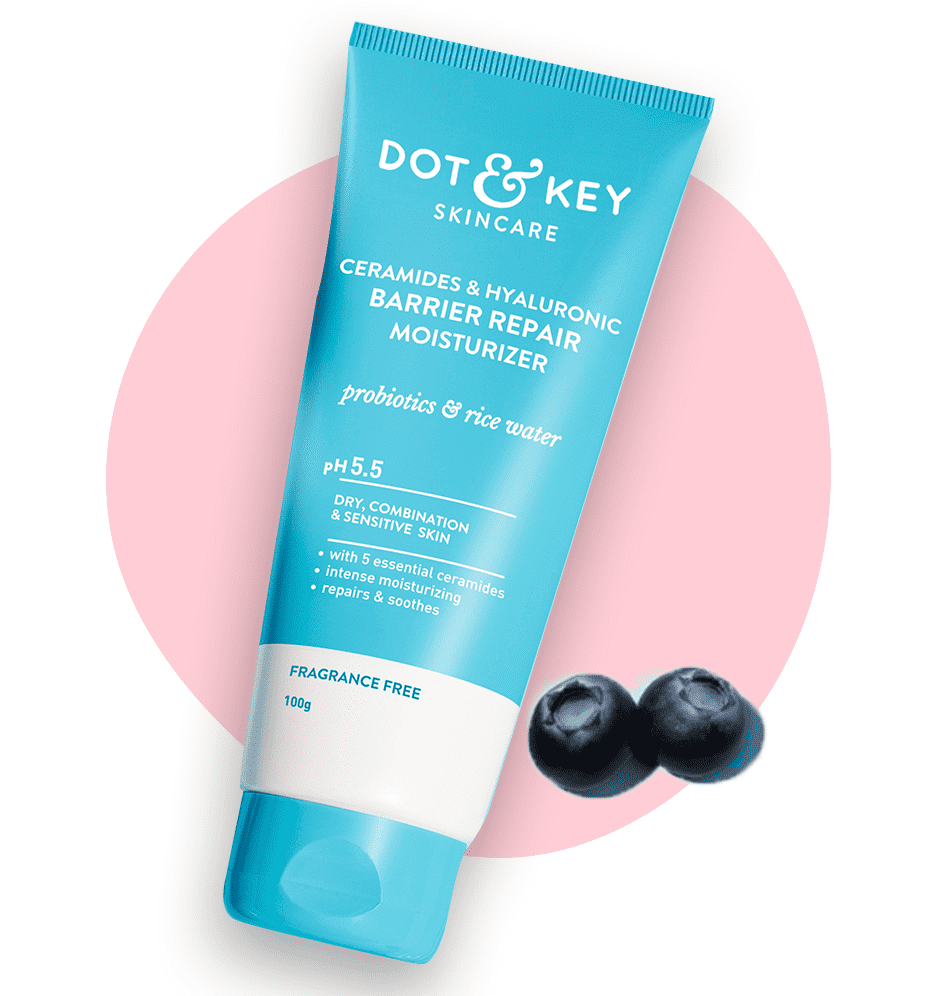
What are the things that you never forget when stepping outside your house?
Well, these days, one of them is most definitely a face mask!
COVID-19 has all of a sudden introduced a few new essentials to our lives. And right on top of that list is a face mask. Stepping out means your mask has to be on at all times!
With new coronavirus variants emerging every other day, masks have now become a necessity in our lives. Undoubtedly, the face mask has been one of the most consistent soldiers against COVID-19. However, it does not mean that they are friendly to our skin, as well.
And while wearing a mask is essential, so is caring for your skin. Did you know wearing masks for long hours can lead to skin problems like acne, rashes, itchiness, skin peeling, etc.?
But the question here is how to prevent mask acne?
To mask or not to mask?
The COVID-19 virus is airborne, and spreads through breathing, talking, coughing, or sneezing. A well-fitted mask prevents the virus from spreading to others. It even helps keep the wearer from falling sick.
Additionally, a mask prevents the wearer from touching their mouth or face, which is another way the infection spreads. There are a variety of masks to choose from. But the most prominent ones are:
- The Surgical masks
- The Cotton masks
- The N-95 masks
Cotton masks are skin-friendly but not very effective against coronavirus. On the contrary, the N-95 masks are more effective at protecting you against coronavirus. However, they are harsh on your skin.
You can choose to wear the former when you are out in some isolated place or while driving. But if you plan to be in a crowded place, the latter will give you the highest protection. Or you can always go for the more breathable surgical masks and then discard them properly, when you are done.
However, wearing a mask, despite the type of mask you choose to wear, for long durations of time could affect your skin adversely. The dilemma that remains is that there is no other alternative to wearing a mask. Hence, with everything moving towards a new normal, where masks are the order of the day, the question that remains is how masks affect the skin on your face & what can be done to avoid it.
How masking up for long durations can cause problems for your skin?
There are multiple reasons which lead to skin problems. Masking up for long hours leads to sweat accumulation on the inner surface of the mask. This leads to various skin problems such as acne, rashes, redness, irritation, etc.
Moreover, masks restrict the normal airflow, barring the proper breathing process for the skin, making it look dull and lifeless. The tight strings of the mask are also tough on the skin.
While these problems cannot be countered, we can surely try & make them less risky by finding ways to heal skin damage caused by them.
As coronavirus continues playing peekaboo, how to prevent mask acne? How to heal our skin from the masking effect? Follow these tips to protect your skin and heal it from your corona shield. Don't forget that healthy, blemish-free skin is always in.
A clean mask is your key to limiting skin issues!
Always wear a clean mask. If you wear a reusable mask, ensure that it is properly cleaned after every use. Wash your mask with a disinfectant liquid after every use. It will eliminate the risk of any bacteria or fungal infection on your skin.
When you wear a mask, sweat accumulates on its inner surface, leading to the growth of bacteria and fungus. Remember, wearing a clean mask is your first step toward protecting your skin from the aftermath of doing so and your best answer for "how to get rid of mask acne?".
Remember the mantra: Cleanse, Tone & Moisturize!
A face mask will protect your face from pollution, dirt, and dust, alongside providing an additional layer of protection from the coronavirus. However, it does not mean that you can neglect your daily skincare regime. You mustn't skip out on your daily skincare routine, especially when masking up for long hours.
- Cleansing. Washing your face is a necessary part of your skincare regime. However, excess washing can have adverse effects on your skin. You should limit washing your face to 2 to 3 times a day. Use a gentle, sulphate-free cleanser while washing your face to wash away all the dirt and impurities.

- Toning. A toner is a great way to deeply nourish your skin and prepare it for the next step, i.e., moisturizing. Using a toner, such as Dot & Key's Cica Calming Toner, in your AM and PM routines is something you wouldn't want to miss out on. It is a mild, alcohol-free toner that heals, soothes & hydrates your skin while lifting dirt to unclog pores.

- Moisturizing. Despite your skin type, do not miss out on including a gentle moisturizer like Watermelon SuperGlow Matte Moisturizer in your skincare routine, especially when wearing a mask for a long time. It is a light, matte-textured moisturizer that glides effortlessly onto your skin to control excess oil, shine, and acne breakouts for a refined skin texture.
- Sunscreen. And finally, don't forget your trusty sunscreen. Before heading out for the day, make sure you slather a sunscreen with a broad-spectrum SPF.

Don’t forget your lips!
Chapped and dry lips are common problems faced, especially when masking up for long. A lack of proper air circulation inside the mask leaves your lips dry and chapped.
Always use a good, buttery lip mask before wearing a mask and before going to bed. You need to ensure that the lip mask is easily absorbed by the lips. However, using excessive lip mask while wearing a mask can result in irritation around the lips.
Your ears carry most of the burden of wearing a mask!
The mask strings that rest behind your ears put the skin there under a lot of stress. Avoid wearing masks with strings that rest on your ears. When wearing masks for long periods of time, choose one with long strings that tie behind the head. To soothe the skin behind your ears, you can apply a gentle lotion or aloe vera gel.
Cut back on the makeup when wearing a mask!
Keep this in mind whenever you put on your mask. Layers of makeup beneath your mask could be a reason for clogged pores, irritation, redness and acne. If you are in a must-wear-makeup situation, only use products that are labeled "non-comedogenic" or "won't clog pores"!
A 15-minute break is what your skin needs!
Your skin needs a breather too! Give your mask a 15 minute break every 4 hours, whenever possible. However, before taking it off, ensure that it is safe to do so.
Final words
To sum it all up, with the prevailing conditions, it doesn't seem possible that we'll be getting rid of masks all that soon, but then how to prevent mask acne? Definitely, that does not mean we can keep ignoring our skin, waiting for when we can say goodbye to masks. A better approach would be to follow the simple tips mentioned here to take the best care of your skin while also keeping the coronavirus at bay!




















